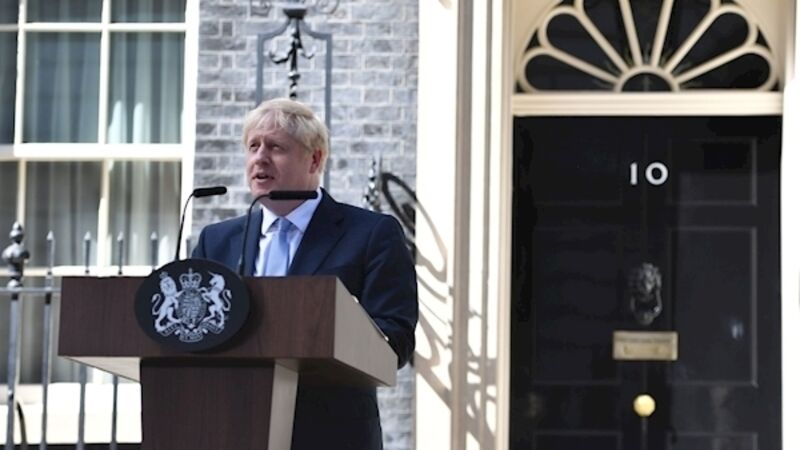34,000 fewer jobs after no-deal Brexit, Central Bank warns

Boris Johnson crashing Britain out of the EU at Halloween will lead to a dramatic Irish economic slowdown, result in 34,000 fewer jobs, and see a potential full-blown sterling crisis, the Central Bank has warned.
Its new forecasts are against the backdrop of the election of Mr Johnson as British prime minister, which significantly increases the risk of the UK exiting the EU at the end of October with no transition deal.













